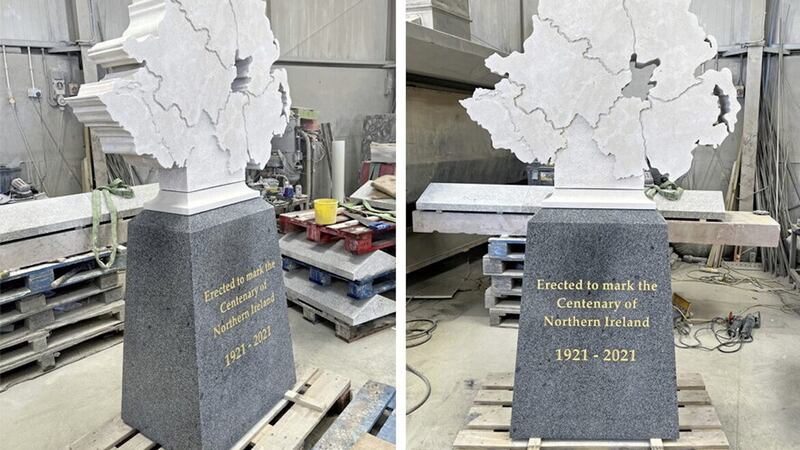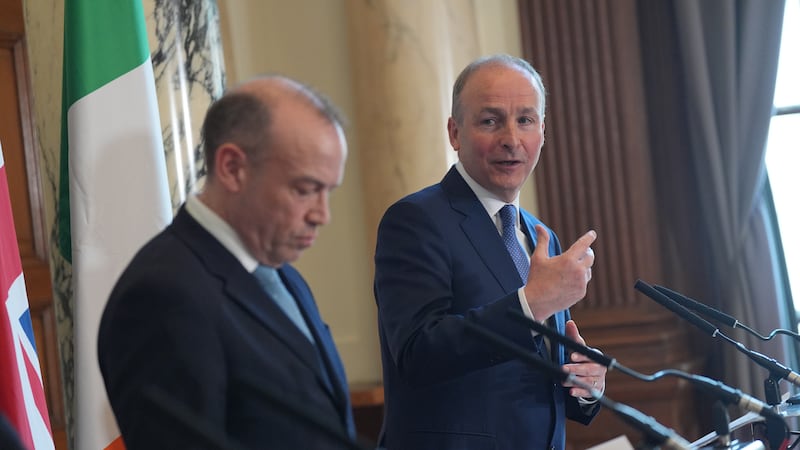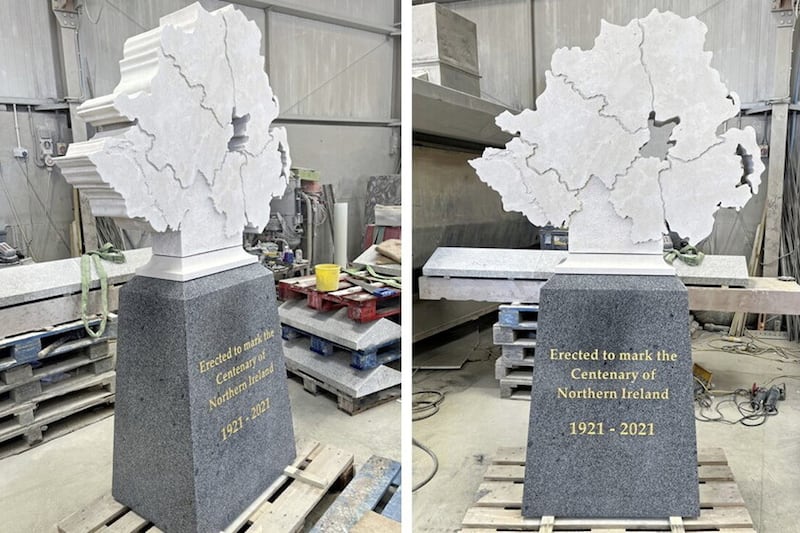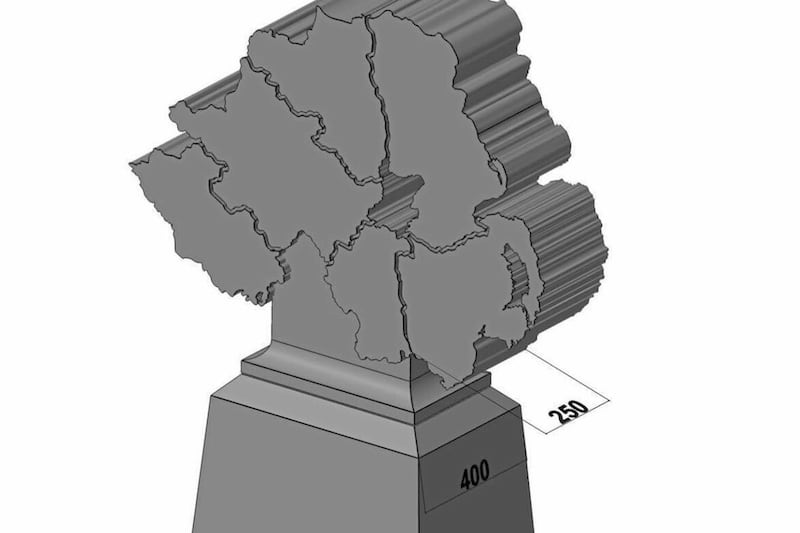Let's be clear, there was nothing to celebrate about the partition of Ireland. It was an abject political and economic failure.
Even today, Northern Ireland is economically impotent, labouring under the myth that it is firing on all cylinders.
The only part of the much referenced 'Our wee country' which is true, is that it's 'wee'. Lofty notions that the north is a country, province or indeed a nation are shrouded in orange mist.
Partition ruined the economic potential of the island. It solved nothing and multiplied everything.
Partition led to an unofficial and unhealthy Catholic hegemony in the south, replete with gombeen politicians and damaging protectionist policies.
In the north, there was an all too real Protestant/unionist hegemony supported through gerrymandering, the denial of civil rights, religious discrimination and a biased, politically charged, armed police force.
One hundred years on and there are some unionist politicians who still believe they rule the roost. It may come as a shock to a few loyalist knuckleheads but they don't.
Read more:
Centenary stone a monument to failure and political dysfunction
Patrick Murphy: 'Up the Ra' chants are occupational therapy for the unthinking
Alex Kane: Where is the new political middle ground?
Tom Kelly: I don't often agree with Joe Brolly, but he's right that 'up the Ra' chants must go
And let's call a spade a spade – much of their newfound antipathy for devolution is down to a complete rejection of power-sharing.
Mind you, such antipathy doesn't seem to extend to travelling on international trips together or swanning about Stormont wine receptions for foreign visitors. There's an air of make believe and Stormont is the stage.
It's hard to comprehend that in the middle of a cost of living crisis, unionist agreement is centred on having a monument erected to mark the creation of Northern Ireland. Seriously? On what planet do these people live?
They could take a lead (and leaf) from King Charles and simply plant a tree. Not only would this be much less expensive than installing the £18k architectural gargoyle they are proposing but it would also give these 'resting' politicians some shade as they lounge in the grounds of Stormont.
Parliament Buildings always gave its inhabitants a self-inflated view of their own importance and indeed relevance. It should have been turned into a hotel years ago. Post the Good Friday Agreement, Northern Ireland should have opted like Scotland for a new start with new institutions.
The grandiose edifice on the hill still bears the hallmarks of an age of supremacy more suited to colonial South Africa or the then Rhodesia.
The original cost of building Stormont in 1932 was £1.2 million – a colossal £100,352,706 in today's money. Remember too, that when this staggering amount was spent to house politicians, unemployment in Northern Ireland was a remarkable 40 per cent for Catholics and 28 per cent for the general population. The Great Depression was hurting without discrimination across the sectarian divide.
Such was the the disregard by unionist politicians for the poor, 'outdoor relief' was half that of the rest of the UK. (Lack of parity with the rest of the UK isn't new).
This led to an unique uprising of Protestant and Catholic working classes, who rioted together.
Thomas Carnduff, the shipyard worker turned poet, summed it up when he appealed to the unionist junta:
"What have we done to you,
What have we said
That you should take from us
Our daily bread?"
The unionist parties are still taking, if not bread, the Mickey. The Northern Ireland centenary monument was to be paid by them and not the public purse. This would mean every unionist MLA paying £462 each.
In truth, those who wish to erect political rather than civic monuments (subject to planning) should pay for them too.
The public has far more immediate needs like a functioning health service, a fit for purpose education system and job opportunities.
To achieve these local politicians have to take decisions in the interests of local people.
Of the three main unionist parties, only Doug Beattie's UUP is showing any appetite for getting on with the job.
Northern Ireland needs fewer monuments to mark its failures and more sweat and toil from its politicians.








